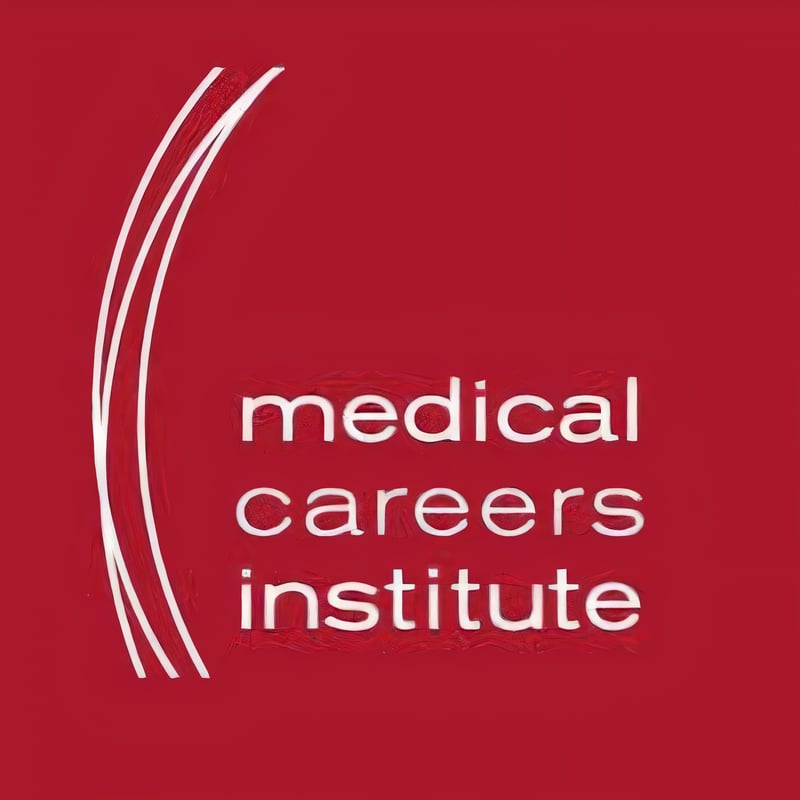About
Program Overview:
The Bachelor of Science in Health Science-Healthcare Administration program is designed to instruct students in becoming entry-level managers in various healthcare settings. The program covers fundamental areas of healthcare administration, including finance, accounting, management, technology, community health, healthcare research, long-term care administration, global health, managed care, and healthcare delivery systems. Graduates of this program are prepared to serve as business advocates in the global healthcare workplace.
The business of healthcare requires well-educated and compassionate professionals to manage:
- Medical Units
- Long-term Care Centers
- Hospital Departments
- Community Health and Physician Office Practices
Medical and health services managers are responsible for planning, directing, coordinating, and supervising the delivery of healthcare. These professionals can be specialists overseeing specific clinical departments or generalists managing entire facilities or healthcare systems.
Program Outcomes:
Students in the Bachelor of Science in Health Science-Healthcare Administration program first acquire basic business and accounting skills as they apply to the healthcare industry. They then delve into subjects such as health information systems, managed care systems, healthcare business marketing, public health issues, and legal and ethical concerns in healthcare. The program offers two tracks: acute care, which prepares entry-level managers for work in hospitals, clinics, and emergency centers, and long-term care, which prepares students for careers as administrators in skilled nursing facilities, nursing homes, and assisted living facilities.
Upon program completion, graduates can:
- Critically analyze research findings for evidence-based healthcare and management.
- Distinguish legal and ethical healthcare administration standards.
- Explain healthcare payor, institution, and customer relationships.
- Apply healthcare administration principles.
- Compare U.S. healthcare delivery systems.
- Use epidemiologic assessments and economic trends.
- Identify health technology implications.
- Present a healthcare business proposal.
- Assess community healthcare technology needs.
In less than 2.5 years, through a year-round schedule, students can earn a Bachelor of Science in Healthcare Administration degree.
Recommended Certifications:
Certifications are not required for program completion; however, ECPI encourages students to obtain appropriate certifications to increase job prospects. The program provides students with vouchers allowing them to take certification exams at a greatly reduced cost. While no certifications are necessary for the acute care track, most states require state licensing as a long-term care administrator, nursing home administrator, or assisted living administrator.
Financial aid
Financial aid may be available for those who qualify.
Organization
MCI - Richmond West (Emerywood), VA
The Medical Careers Institute, College of Health Science is committed to upholding the highest standards of academic excellence. Their mission revolves around fostering an educational environment that empowers students to realize their academic and career aspirations. This mission thrives on the active involvement of the university and the community, ensuring integrity and performance remain at the core of their educational endeavors.
Through inclusive practices, this institution sets the stage for student success, program completion, and the enrichment of the community. Here, academic and career goals are not just met but exceeded, and students are not only educated but prepared to become vital contributors to society. The MCI, College of Health Science is a place where excellence is not just a goal but a way of life.

